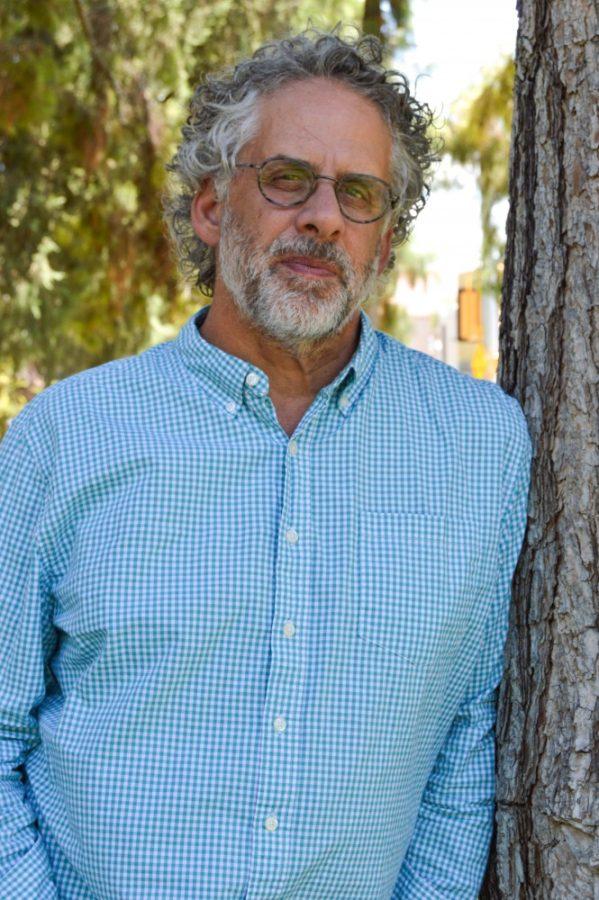Andrew Belser was appointed as the new director for the University of Arizona School of Theatre, Film & Television on Aug. 5. The Daily Wildcat sat down with him and asked about his goals for the school.
Daily Wildcat: What made you decide to get into theater, film and television in the first place?
Andrew Belser: Oh my gosh. Well, I was in the standard high school musicals and high school plays, and then when I was in college, I was acting but I really started to direct. As soon as I directed my first piece, when I was about 19, that was it. I knew directing theater and eventually film would be a strong center of what I was going to do.
DW: According to the press release from the College of Fine Arts, you mentioned that you were the artistic director for The Gravity Project. Can you tell us more about it?
AB: The Gravity Project sort of emerged organically from my work with a lot of professionals. In the ’80s and ’90s, I directed a lot of professional theater and I went to a small college in Pennsylvania where I took a job as the head of theater. I knew that this small college would not be able to hire enough faculty to have a legitimately large theater program. So, I said to them, it would be far cheaper for us to just have a guest artist residency program.
Those guest artists came in and we made work with students, but sometimes we made work by ourselves. We workshopped, created work with students or we trained with students around. It was really great.
DW: As the new director of the School of Theatre, Film & Television, are there any new programs you want to start?
AB: I’m going to start an international program so that students can take, depending on what program they’re in, they can start exchanges.
This already started before I got here, but we’re really going to boost the micro-campuses. UA has a really interesting program through UA Global called micro-campuses. We are starting one in Manila, in Lima and in Peru, and they are both in film. We believe that we would like to have five, seven or eight of these in the next three or four years. These exchanges mean that our students can go to any one of those programs for a semester, and students from those programs can come here, and our faculty can exchange.
DW: What about your plans for the school?
AB: I’m going to [also] begin to bring guest artists into all of the school. I would say, probably the most guest artists that I see coming through are in the film side. They got a lot of guest artists and a lot are coming through the Hanson [Film] Institute. That’s another initiative that I would like to do, is strengthen the collaboration and sort of structural integration between Hanson and the School of Theatre, Film & Television. I’m forming what I call “industry counsels.”
One of the problems around the country — probably the world too but around the U.S. for sure — in film and theater programs is that theater and film and TV have changed so much in the last 5, 10years. Programs can’t keep up with the change.
If you look at 10 years ago there was no Netflix or Netflix movies being made. Now Amazon Prime and Hulu are making movies. Now you have people having careers on YouTube and they are film makers. The same is happening in theater, where theaters are diversifying what live entertainment looks like … Theater looks more like a live spectacle, it looks like Cirque du Soleil, it looks like community-based theater events, like outdoor theaters and things that you might not think of as theater. Urban design often has live entertainment parts of it. We are going to do much more of that diversification facing Tucson and the region. We are going to bring the theater, film and television program to the region, and bring the region to us.
According to Belser, he is also currently working on a neuroscience and acting book. He is updating the language and practices of performance, helping teachers and performers update themselves.
“Acting is the study of human behavior,” Belser said.









